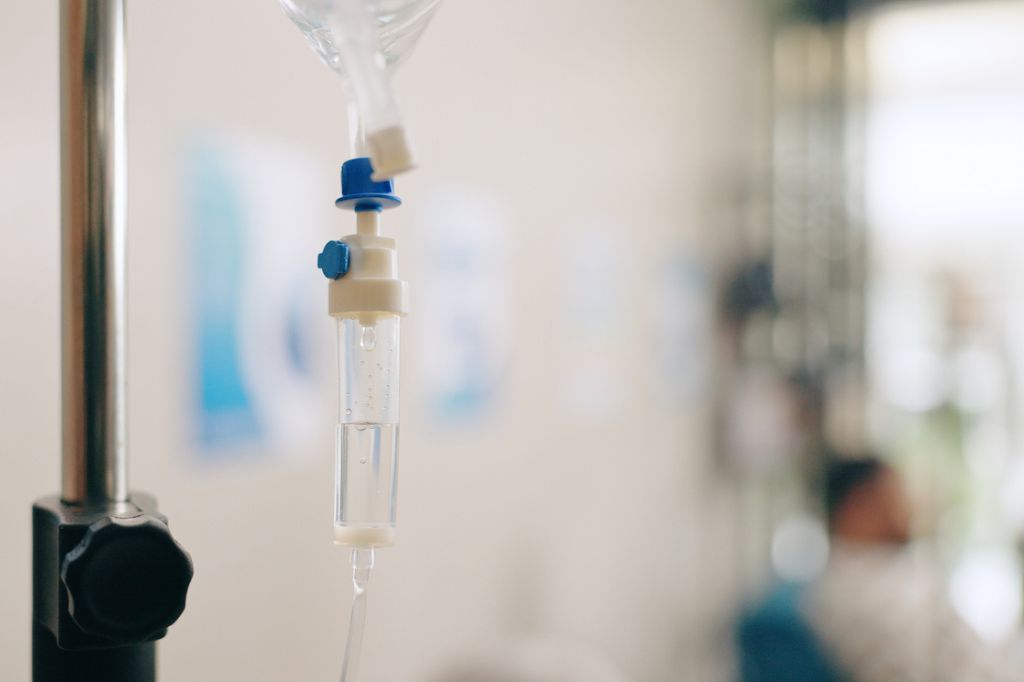Biologic therapies have transformed the treatment of inflammatory bowel disease (IBD). Yet despite these advances, many patients still lose response to therapy over time or never respond at all. Therapeutic drug monitoring (TDM) has emerged as a powerful tool to address these challenges, helping physicians tailor therapy to the unique needs of each patient.
A 2024 review article published in the Indian Journal of Gastroenterology by Devenda Desai, MD, brings new clarity to this evolving field, highlighting the growing evidence for TDM, the importance of proactive strategies, and the role of next-generation tools like iDose in improving outcomes.
Why TDM Matters in IBD
The variability of biologic drug exposure remains a critical barrier to sustained remission in IBD. Factors like drug clearance, anti-drug antibody (ADA) formation, and individual patient characteristics mean that standard dosing often falls short.
- Up to 50% of patients lose response to biologics within one year of treatment.
- Sub-therapeutic levels and ADA development drive most of these failures.
- Without TDM, dose adjustments are often reactive and imprecise.
By integrating drug concentration data with clinical decision-making, TDM provides physicians with a roadmap for more effective, durable therapy.
Reactive vs. Proactive TDM
Desai’s review highlights the critical distinction between reactive and proactive approaches:
- Reactive TDM is performed after a patient loses response, guiding next steps based on measured drug levels and ADA status. While valuable, this approach often comes too late to prevent treatment failure.
- Proactive TDM involves regular monitoring and dose optimization before a loss of response occurs. Evidence increasingly shows that proactive TDM improves the durability of biologic therapy, reduces ADA development, and lowers the risk of disease flare.
This shift toward proactive care is where TDM shows its greatest potential and where tools like iDose make it practical at scale.
The Next Generation: Bayesian Dashboard Software
Traditional TDM approaches have limitations. Results often take time, assays vary in quality, and empirical dose adjustments may not fully address patient variability.
That’s why Bayesian dashboard software like iDose has gained attention. By combining patient data, population pharmacokinetics, and measured drug concentrations, Bayesian models provide real-time, individualized dosing recommendations.
In fact, the Desai review cites iDose as an example of this next-generation approach, recognizing its role in moving effective TDM from theory into clinical reality.
What the Research Shows About iDose
The review points to multiple studies where iDose has been used to optimize biologic therapy in IBD by leading to:
- Improved durability of infliximab therapy in both pediatric and adult populations.
- Reduced ADA formation through tighter exposure control.
- Better long-term outcomes, including higher remission rates and fewer therapy failures.
- Cost savings, as personalized dosing prevents unnecessary escalation and preserves biologic effectiveness.
These findings validate what clinicians using iDose already know: smarter dosing leads to more consistent outcomes.
Practical Implications for Clinicians
Despite strong evidence, global adoption of TDM remains inconsistent. Barriers include access, cost, and the complexity of implementing monitoring protocols. iDose addresses these challenges by:
- Delivering patient-specific dosing recommendations at the point of care
- Supporting both proactive and reactive TDM strategies
- Simplifying workflows for physicians, nurses, and health systems
- Enhancing decision-making with real-world, data-driven insights
Evidence Meets Practice with iDose
The Desai review reinforces what Baysient has championed for years: therapeutic drug monitoring is essential for delivering durable, cost-effective IBD care. More importantly, it confirms that Bayesian dashboard tools like iDose are leading the way in making personalized dosing practical, scalable, and clinically validated.
Precision TDM is no longer just a possibility; it’s a necessity. With iDose, physicians and health systems can bring this evidence into everyday practice.
Ready to see how iDose can help optimize biologic therapy in your practice? Schedule a demo today.


